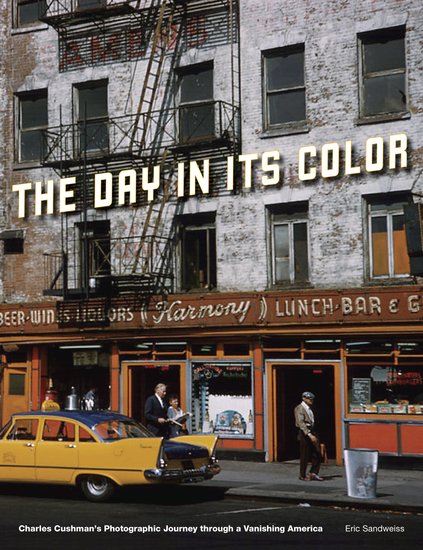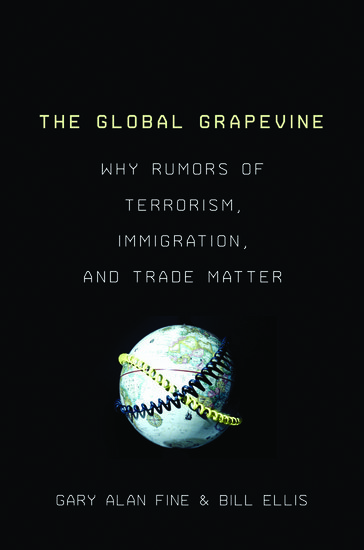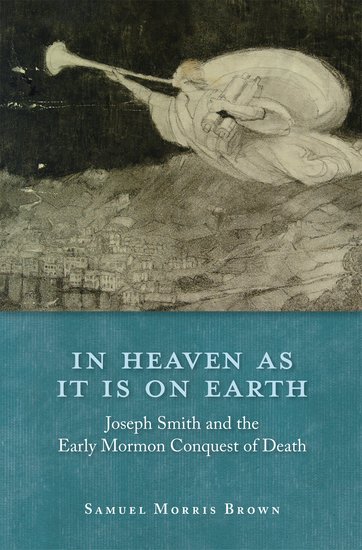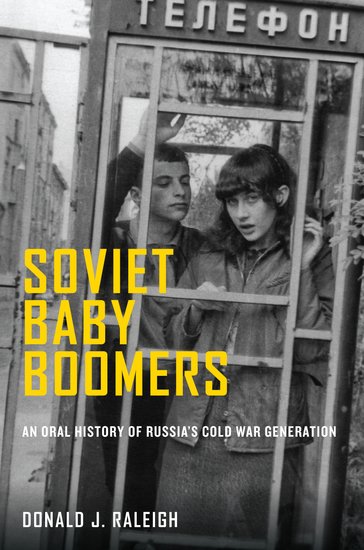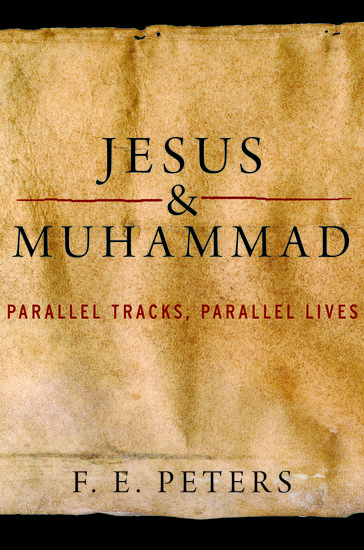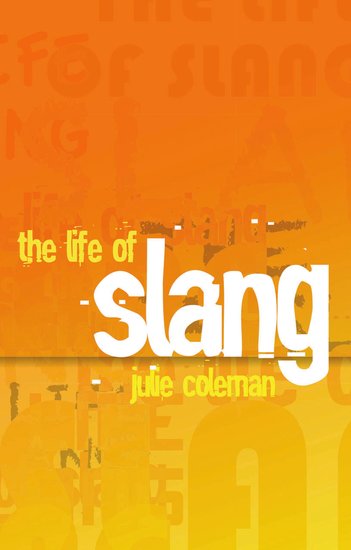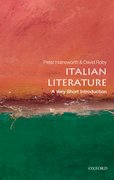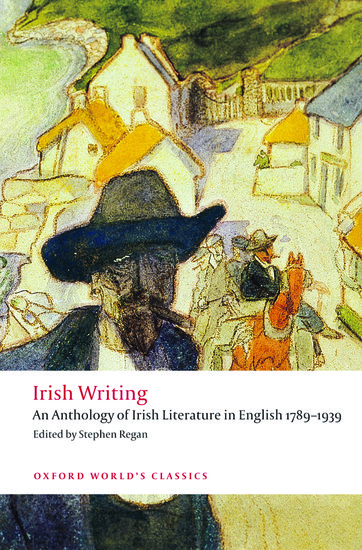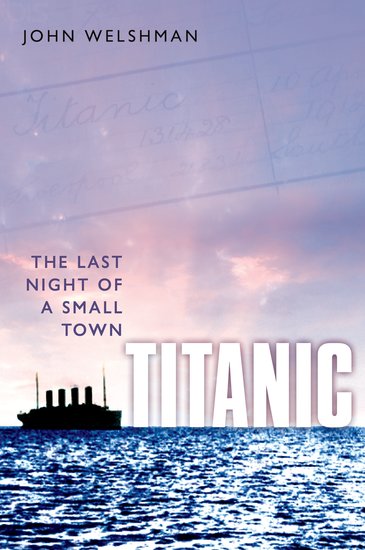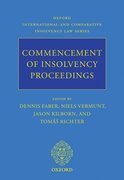Bits and Pieces of the Mother Road
By Eric Sandweiss
Route 66 is more famous and less necessary than ever. Gray-haired couples on motorcycles cruise past its boarded-up motels. Families stop at themed rest areas to eat at picnic stands shaped to resemble the iconic roadside attractions that the decommissioned highway no longer supports. Historic markers draw curious travelers off the interstate and onto meandering two-lane roads that peter out in quiet small-town Main Streets.

